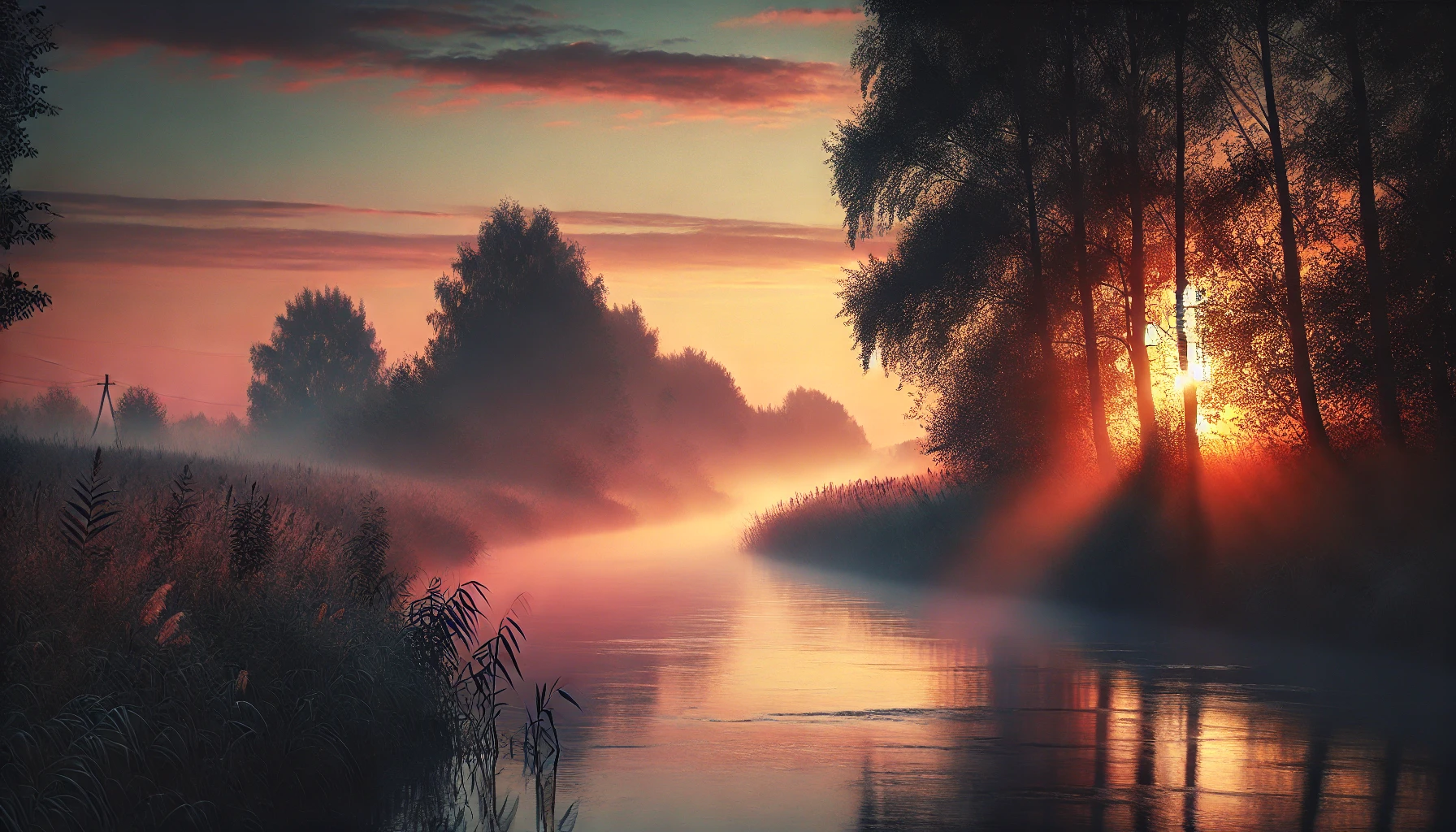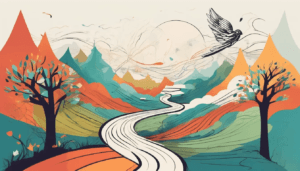We often find ourselves captivated by the beauty of a moment—something that feels perfect, alive, and unfiltered. Yet when we look back at it, that beauty can seem elusive, even confusing. We wonder, “What was I thinking? Why did I find that beautiful then but not now?” This feeling of disconnect raises bigger questions about how we experience life and growth.
Some people say that if you don’t cringe at your past self, you haven’t grown. But what if that idea sets us up to constantly judge who we were instead of appreciating the process? Does the mind automatically push us to label past experiences as less wise or less beautiful just to confirm we’re moving forward? Or are we doing this to ourselves because we believe it’s how we’re supposed to evolve?
The truth may be simpler. If we stop labeling the present as “beautiful” and the past as “wrong,” we may find that both are simply what they are—moments, neither good nor bad, just lived. After all, life isn’t made of “parts” that need to be categorized. Life is whole. So why do we constantly look for the “good parts” or feel embarrassed by the “bad parts”? What are we trying to capture, and why do we feel the need to hold onto it?
Emotions as Pointers, Not Judgments
It might help to consider emotions and thoughts as pointers. They aren’t there to judge; they guide us, telling us where to look, what to reflect on, what feels right, and what doesn’t anymore. That moment that felt beautiful when you experienced it? It wasn’t “wrong” just because you no longer see it the same way. Your change in perspective is a sign that you’ve moved on from it, not that the moment itself was flawed. It did its job; it pointed you to a part of your life that you were supposed to experience then.
In this way, emotions aren’t verdicts—they’re signals. When a past memory no longer feels beautiful, maybe it’s just the universe’s way of telling you, “You don’t need to focus here anymore.” It’s not a judgment of the past; it’s an indicator that your attention is needed elsewhere, in the present, where you are now.
The Present Moment: No Need to Capture
When we try to capture moments—whether in memory or in photographs—what are we really trying to do? Maybe we want to preserve something for ourselves or share it with others. But life keeps moving, and every moment brings something new. Instead of trying to hold onto the “best parts,” maybe we can realize that every moment is worth living fully, even if we don’t try to freeze it.
The best parts of life aren’t in the past or the future. They’re not in some idealized version of what should be. Life is always happening now, and it’s not about capturing it for later. Every moment is a new opportunity to be present, to let go of judgment, and to stop labeling. When we do that, perhaps we find that beauty isn’t something we need to chase or preserve. It’s something that simply is, in every moment, if we let it be.
Sharing Life’s Moments Without Holding On
We might still take pictures, share experiences, and reflect on memories—but not out of fear of losing them. Instead, we share them because they create new connections, new possibilities, and new moments for others. What we experience and share isn’t meant to be clung to. It’s a way to stay connected with the flow of life and the people we care about. But even if we forget to take a picture or capture a moment, it doesn’t diminish its value. There’s always more to experience, always more to feel.
Maybe the point is this: We don’t need to label the present or the past. We don’t need to cling to moments or judge them. Life doesn’t need to be sectioned into good or bad, beautiful or ugly. Life just is. And when we let go of the need to capture it, to label it, to judge it, we might just find that every moment has its own quiet beauty, waiting to be experienced.



